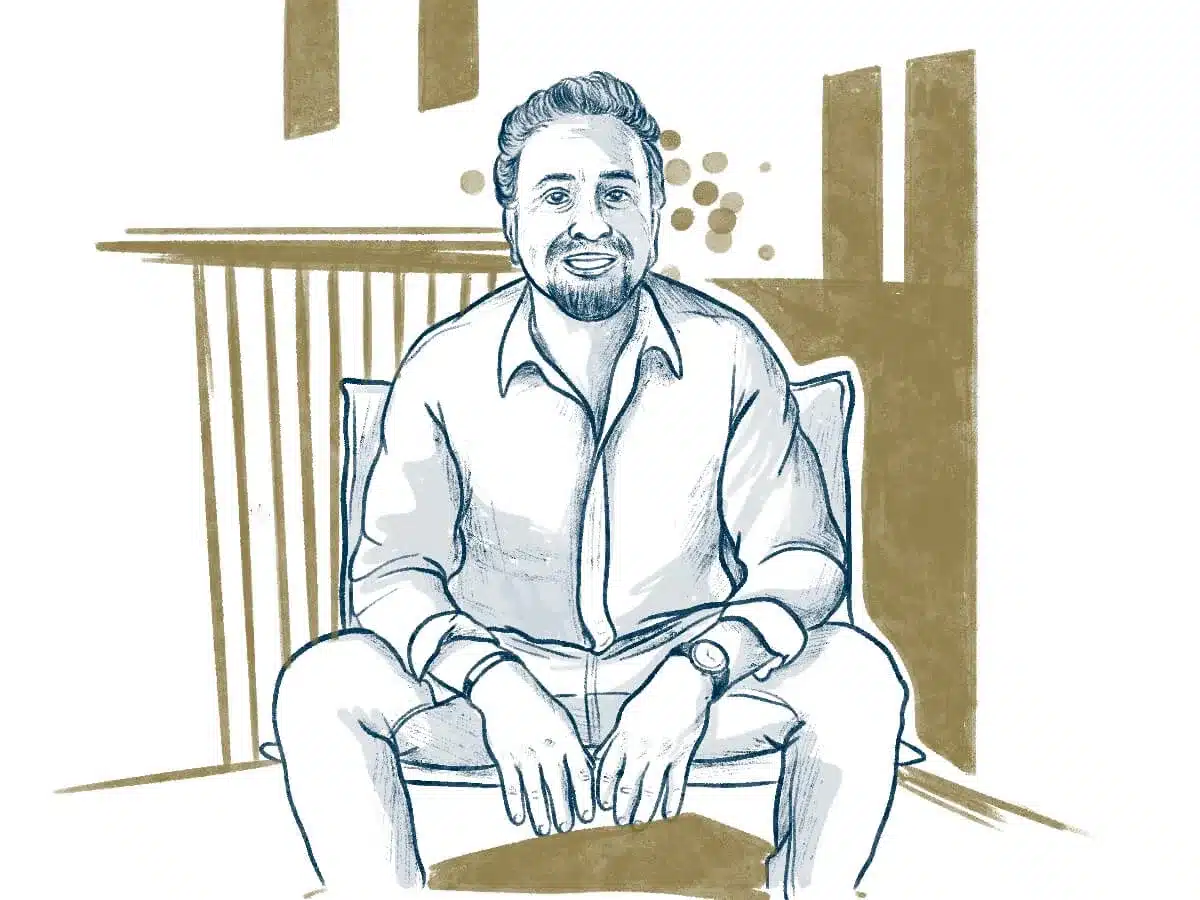The paradox of self-reliance
What is self-reliance? My perspective on it is that, first and foremost, self-reliance is about learning to take responsibility for our own value judgments. Ultimately this is what gives us independence from other people. It is quite a paradox because self-reliance is often understood to mean not taking any advice or declining help from others. On the contrary, it is about taking ownership, accountability and responsibility around what defines a successful outcome to you and how to achieve that outcome.
This includes having enough humility to accept that you may not have all the answers in order to be able to run a successful and profitable business, create and maintain a great culture and team, while consistently delivering a great product or service people love to buy from you repeatedly.
Usually, business owners who actively seek out a business coach and mentor are lacking big EGO’s, Ego’s usually come with an attitude of ‘I know it better’. Ego-driven individuals are often led by disproportionate amount of overconfidence, convinced they are right regardless of the facts. The business owner seeking out ‘a better way’ on the other hand, and who is open to constructive feedback when it comes to their ideas and thoughts is probably going to have a better chance at being more reflective and therefore more prepared and resilient to whatever curve balls life might throw at them.

Attitude is everything
Even though most successful entrepreneurs are self-reliant, they do however accept that self-reliance also means making oneself stronger by getting the best possible external input for the business to be competitive and thrive. While no one has a choice what family they are born in or how they were raised by their parents, everybody has a choice what attitude they display later in life. Attitude is everything! Sure, someone may need a bit of attitude polishing here or there, after all that’s part of my job as a coach and mentor, training that ‘positive attitude muscle’ to be stronger than it was before. That may include helping someone become aware that attitude is a choice and that when they wake up in the morning they get to decide where they want to play. Obvious perhaps but it is not that common for people to have that level of awareness as we tend to gravitate automatically to what we know and have become comfortable doing whatever is in our comfort zone, whether it be positive or negative.
The ‘founder’ of self-reliance
Ralph Waldo Emerson Born: 25 May 1803, who went by his middle name Waldo, was an American essayist, lecturer, philosopher, abolitionist and poet who led the transcendentalist movement of the mid-19th century. Emerson became world famous for his thoughts and essays on various topics but most notably around the topic of self-reliance.
What did Emerson believe about self reliance?
In his essay, “Self Reliance,” Emerson’s sole purpose is the want for people to avoid conformity. Emerson believed that in order for a man to truly be a man, he was to follow his own conscience and “do his own thing.” Essentially, do what you believe is right instead of blindly following society. Sound familiar? It is interesting to note here that we could easily replace the term ”self reliance” with “entrepreneurship”. After all, it can be argued that most entrepreneurs follow their own conscience and ‘do their own thing’ not wanting to conform to a 9 to 5 job with a steady pay check. Instead, they stick their necks out by either buying an existing business or starting one from scratch and taking (calculated) risks with the aim of becoming stronger and more successful as a business and individual.
As part of this thinking, we could say that there is a relationship between self-reliance (or self-trust) and purpose which, in essence, is to stop letting others control, or trying to control outcomes and that self-reliance is necessary for the purpose of ‘finding’ oneself.
Emerson coined the famous saying:
“As long as a man stands in his own way, everything seems to be in his way.”
There is such uncanny truth in this saying isn’t there?
The importance of getting out of your own way
Those business owners who consistently fail to achieve at least a sizeable degree of their potential — tend to operate out of a belief system where they are constantly second guessing themselves.
With that as their foundational thought, they either fail to see the opportunities in front of them or — when they are in the act of succeeding — unconsciously sabotage themselves (or the situation).
Although they inherently have most things on board to achieve significant success, they stand (or even move) in their own way, ensuring that they firmly remain their own biggest obstacle, without often even knowing it (except for that niggling feeling deep down inside).
Having the upper hand
This comes back to my initial point; business owners who have the insight (or niggling feeling deep down inside) that they need a sounding board to test their thoughts and ideas (yes, born out of self-reliance perhaps) have the upper hand in the increasingly competitive and unforgiving world of running a business.
As an example, I am self-reliant enough to accept and understand that the level of my physical fitness and wellbeing is in direct relation to my health, which is in direct relation to my mental prowess and capabilities. Even though I am self-reliant enough to follow a workout regime on my own, I consult with a personal trainer once a week who tests my resolve in hitting my goals and helps finetune my technique so I lessen the risk of injuring myself. There is simply no way I push myself as hard when I am on my own compared to when I train with him. The other day, at the end of a gruelling work out I blurted out “I would have never done this on my own!”. It gives me a benchmark of what is possible against which I test every following work out on my own that week. It simply works.
Likewise, my business owner clients do the same thing, and it is likely the reason why some have stuck around for fourteen, fifteen years. It simply works.





